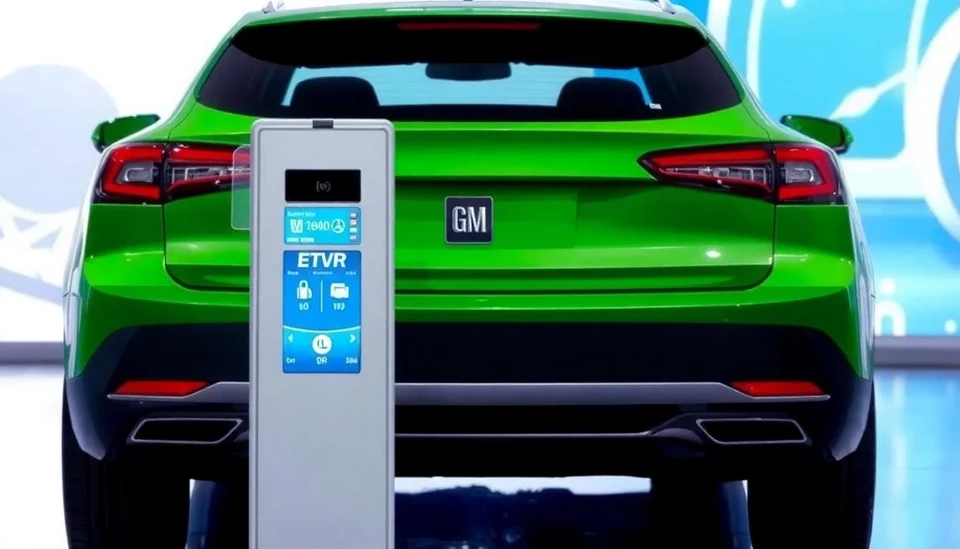
In a significant development for the automotive industry, General Motors (GM) has reported a remarkable milestone in China, where sales of electric vehicles (EVs) and hybrids have officially outpaced those of traditional gasoline cars. This change marks a pivotal shift in consumer preferences and reflects the growing acceptance and demand for greener alternatives within one of the world's largest auto markets.
Throughout 2023, GM has capitalized on the increasing trend towards sustainable transportation. The company’s strategic focus on electrification has garnered attention, with an impressive lineup of electric models and hybrid variations appealing to Chinese consumers. This transition aligns with the broader global movement towards reducing carbon emissions and combating climate change, showcasing GM’s commitment to reshaping its portfolio to meet these emerging trends.
The latest data indicates that GM's sales of EVs and hybrids collectively surpassed those of gasoline vehicles in the third quarter of the year. This shift underscores a pivotal moment for GM, as the company has been investing heavily in research and development to produce electric and hybrid vehicles that meet consumer needs while adhering to environmental standards.
Analysts suggest that this shift could be attributed to several factors. Firstly, the Chinese government's stringent regulations aimed at reducing emissions and promoting electric mobility play a crucial role. Financial incentives and subsidies offered to consumers purchasing EVs are also significant motivators that have encouraged buyers to consider alternatives to gasoline vehicles.
Moreover, the introduction of innovative technology and improvements in battery performance have enhanced the appeal of EVs and hybrids, making them more competitive in terms of range and overall ownership costs. This competitive edge has persuaded many Chinese consumers to opt for these environmentally friendly options instead of their gasoline counterparts.
As a response to this emerging trend, GM has intensified its production capabilities and expanded its network of charging stations to better meet the rising demand. The company's efforts to establish a robust infrastructure for EVs in China are aimed at ensuring that prospective buyers have access to necessary charging facilities, thereby alleviating concerns related to range anxiety.
This transition isn’t just beneficial for GM but also indicates a broader transformation within the automotive industry, where traditional manufacturers are increasingly adapting their strategies to align with the evolving market landscape. As consumer behavior shifts towards sustainability, companies worldwide are likely to follow suit, focusing on developing cutting-edge electric and hybrid models to capture market share.
Furthermore, GM's milestone could have broader implications in the context of the global automotive market. Other manufacturers will be watching closely to see how this transition impacts GM's market share and revenue growth in China and may feel pressured to shift their own strategies accordingly in response to changing consumer demands.
In conclusion, GM’s achievement in China, where EV and hybrid sales have eclipsed those of gasoline vehicles for the first time, is a landmark moment not just for the company but also for the future of the automotive landscape. As the push for electrification accelerates, consumer preferences may continue to evolve, potentially leading to a future dominated by electric mobility.
As stakeholders in the auto industry observe this shift, the commitment to sustainability and innovation will be crucial in shaping the trajectory of automotive sales and production strategies moving forward.
#GM #electricvehicles #hybrids #China #automotivesales #sustainability #environment #carbonemission #markettrends
Author: John Harris




